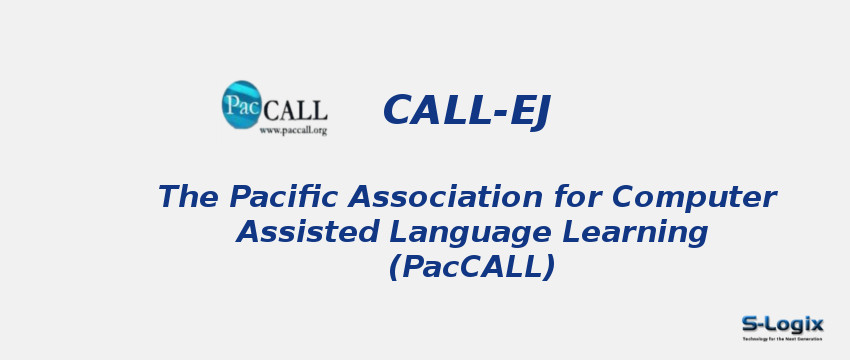Journal Home: Journal Homepage
Editor-in-Chief: Kazunori Nozawa
Print ISSN: 21879036
Electronic ISSN:
Abstracting and Indexing: Scopus
Imapct Factor :
Subject Area and Category: Arts and Humanities, Language and Linguistics, Computer Science, Computer Science Applications, Social Sciences, Linguistics and Language
Publication Frequency:
H Index: 17
Q1: Linguistics and Language
Q2:
Q3:
Q4:
Cite Score: 3.8
SNIP: 0.912
Journal Rank(SJR): 0.533
Latest Articles: Latest Articles in CALL-EJ
Guidelines for Authors: CALL-EJ Author Guidelines
Paper Submissions: Paper Submissions in CALL-EJ
Publisher: Asia-Pacific Association for Computer-Assisted Language Learning (APACALL)
Country: Japan
